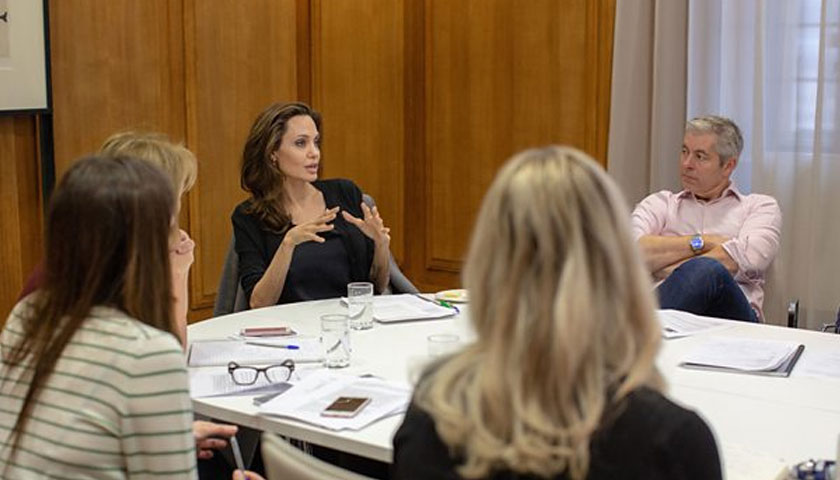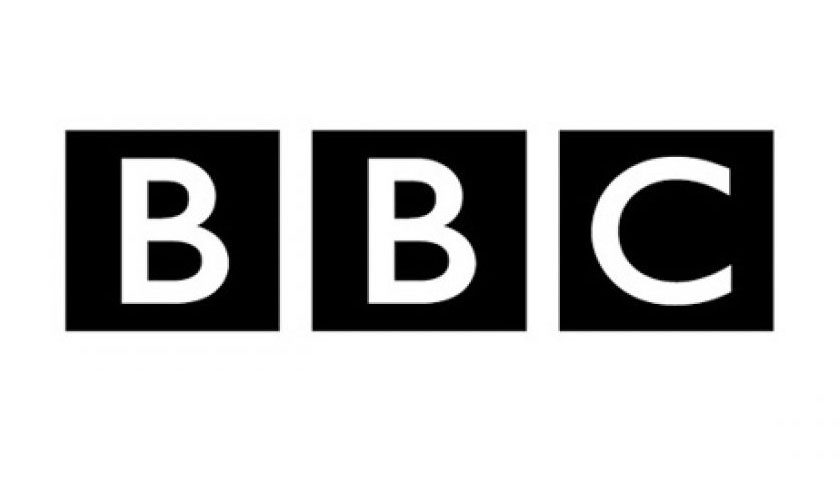The BBC, joined by Angelina Jolie as executive producer, will pilot a global English-language current affairs programme for children in 2019, Our World. It will include ten episodes of a weekly programme.
Angelina Jolie says: “There has never been a time when it was more important to introduce the next generation to objective, impartial news and factual explanation of the events and issues shaping our world. Children today are exposed to a lot of opinion, but not necessarily to information that is fact-based and reliable.
“As a mother, I am very pleased that the BBC World Service is taking this step. It is also important to me that the project is global, and will help young people in different countries to be connected to each other and to have greater awareness and understanding of the news on an international basis.”
One of the main objectives for Our World is to promote global media literacy.
BBC World Service Director Jamie Angus comments: “The internet is a democratizing force. It gives voice to the voiceless. But the downside is that it enables some of the worst conspiracy theories to spread. According to a US survey from last year, over a six-month period, 59 percent of 10-18 year-olds had shared a story that they either subsequently found to be inaccurate or were now uncertain as to its veracity.
“No parent can completely isolate their child from fake news. But what we can do is give kids the tools to distinguish the genuine from the false and encourage them to develop critical thinking – to ask themselves: who produced the video and why? Are they a reputable organization? Are they just telling one side of the story? Is there another view?”
The programme will be aimed at children aged seven to 12. BBC-commissioned UK research shows seven is the age that children become aware of the news and 12.6 (2016 Common Sense Media) is the average age a US child signs up for a social media account. So the time between seven and 12 years of age represents a window to instill in children the value of asking questions and a chance to develop critical thinking.
Our World will provide much needed impartial access to information of the highest editorial standard, helping young people to understand the world around them and encouraging critical thinking. It will bring reportage in a safe and child-friendly way, without speaking down to younger audiences.
Globally, children are a chronically and acutely underserved demographic. A 2017 US survey by Common Sense Media found that 69 percent of 10-18 year-olds agreed that news media has no idea what the lives of tweens and teens are really like. Seventy four percent think that the media should show more people their age, rather than adults talking about them. The same survey revealed that the news left 45 percent of tweens feeling afraid.
This project aims to be truly global in scope, engaging children from Argentina to Zimbabwe. It will start with an English version but the BBC will seek production partners to expand programming into multiple languages.
Our World will be a multimedia project with digital and broadcast elements, including a weekly half-hour TV show. In 2019, the BBC will be launching a 10-week trial of the project. The BBC is in talks with a number of international public-spirited digital and broadcast media organizations interested in co-production and distribution. The pilot TV programmes will be distributed via the World Service’s existing TV partnerships and via other suitable broadcasters internationally.
The BBC is the world leader in producing news for children. The BBC has produced its flagship Newsround show in the UK for 40 years. In autumn 2018 the World Service launched two Africa-focussed TV children’s shows: What’s New? in English and Actu Jeunes in French. The new global English language programme, Our World, will build on this experience and expertise.
Our World will be a non-commercial venture. The BBC and Angelina Jolie see this project as an investment in the young.


